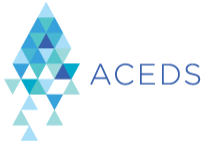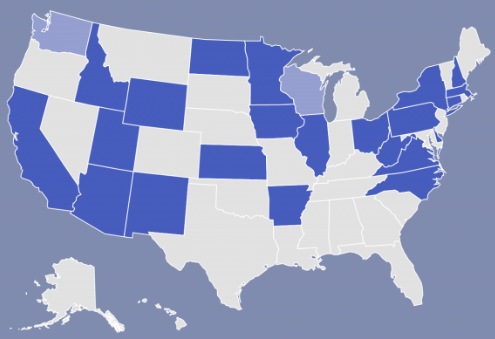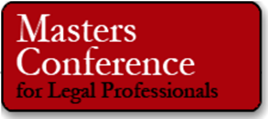How Automation is Revolutionizing eDiscovery: eDiscovery Trends
I thought about titling this post “Less Than Half of Automation is Revolutionizing eDiscovery” to keep the streak alive, but (alas) all good streaks must come to an end… :o)
If you missed our panel session last month in New York City at The Masters Conference, you missed a terrific discussion about automation in eDiscovery and, particularly an in-depth discussion about technology assisted review (TAR) and whether it lives up to the current hype. Now, you get another chance to check it out, thanks to ACEDS.
Next Wednesday, ACEDS will be conducting a webinar panel discussion, titled How Automation is Revolutionizing eDiscovery, sponsored by CloudNine. Our panel discussion will provide an overview of the eDiscovery automation technologies and we will really take a hard look at the technology and definition of TAR and the limitations associated with both. This time, Mary Mack, Executive Director of ACEDS will be moderating and I will be one of the panelists, along with Bill Dimm, CEO of Hot Neuron and Bill Speros, Evidence Consulting Attorney with Speros & Associates, LLC.
The webinar will be conducted at 1:00 pm ET (which is 12:00 pm CT, 11:00 am MT and 10:00 am PT). Oh, and 5:00 pm GMT (Greenwich Mean Time). If you’re in any other time zone, you’ll have to figure it out for yourself. Click on the link here to register.
If you’re interested in learning about various ways in which automation is being used in eDiscovery and getting a chance to look at the current state of TAR, possible warts and all, I encourage you to sign up and attend. It should be an enjoyable and educational hour. Thanks to our friends at ACEDS for conducting the session!
So, what do you think? Do you think automation is revolutionizing eDiscovery? As always, please share any comments you might have or if you’d like to know more about a particular topic.
Disclaimer: The views represented herein are exclusively the views of the author, and do not necessarily represent the views held by CloudNine. eDiscovery Daily is made available by CloudNine solely for educational purposes to provide general information about general eDiscovery principles and not to provide specific legal advice applicable to any particular circumstance. eDiscovery Daily should not be used as a substitute for competent legal advice from a lawyer you have retained and who has agreed to represent you.









